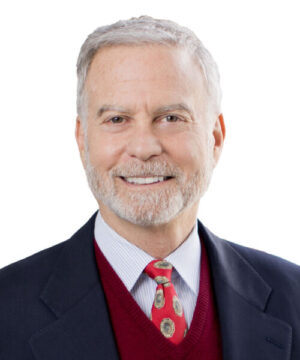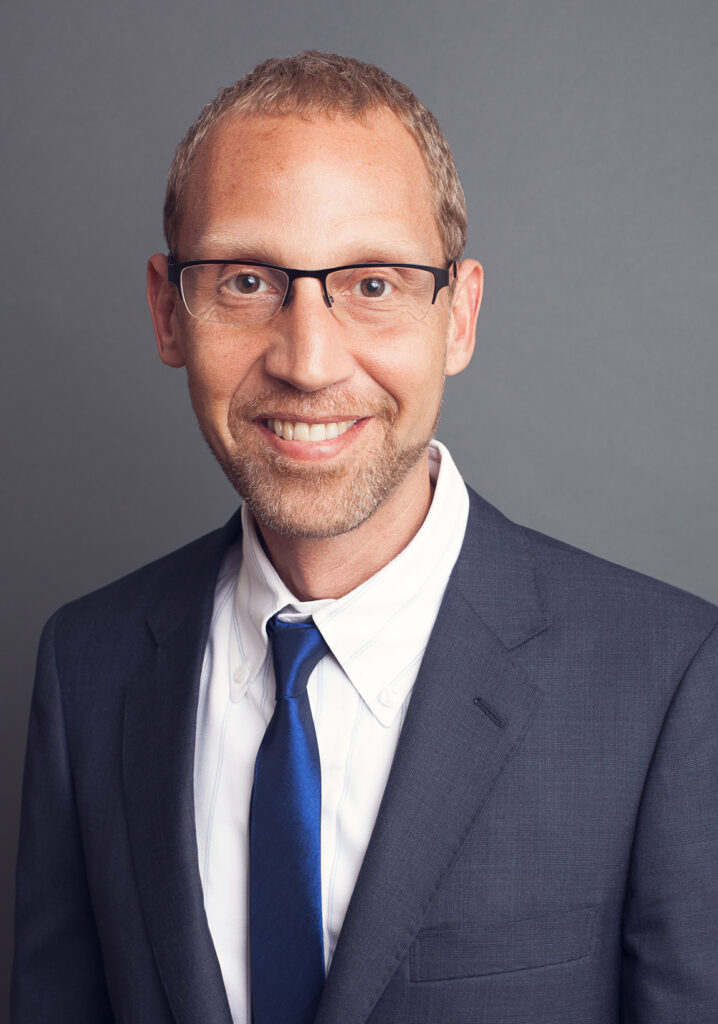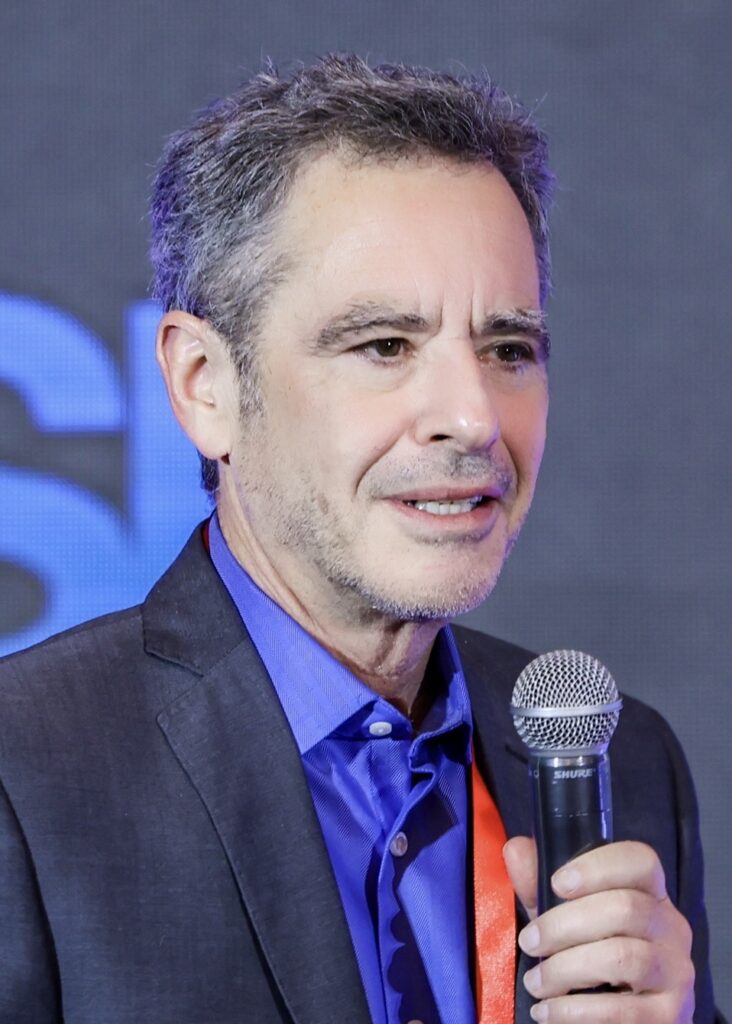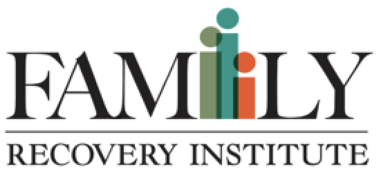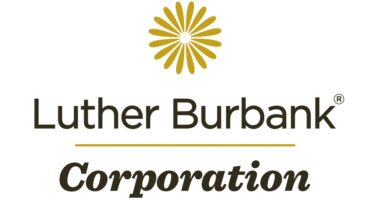NARRATIVE:
Divorce has long been seen as a battle fought by adversarial attorneys, often leaving both partners—and especially their children—as casualties. Ample research has explored the emotional and developmental toll of such high-conflict divorces, and clinicians must be conversant with this body of work. Since the rise of divorce mediation in the 1970s, the process of divorce has evolved significantly, creating alternative, less adversarial pathways and generating new research.
In California, where over half of all first marriages end in divorce, psychotherapists must understand the factors associated with both successful and poor outcomes for divorcing individuals and their children. In addition to research literacy, clinicians benefit from psychodynamic and empathic skills that allow them to help patients navigate this complex transition.
This workshop will familiarize clinicians with the research on both litigated and non-litigated divorce processes, their effects on parents and children, and the various alternatives to traditional litigation. Participants will explore key risk, resilience, and stabilizing factors associated with different divorce trajectories, as well as interventions available to help high-conflict couples co-parent effectively after separation. Clinicians will leave with tools to support their patients in ways that enhance psychological resilience and post-divorce family functioning.
LEARNING OBJECTIVES:
Upon completion of this workshop, participants should be able to:
- Identify key legal, ethical, and clinical issues relevant to working with patients navigating divorce.
- Describe how therapists can communicate and collaborate with legal and divorce professionals to support clients during the divorce process.
- Identify at least five divorce process options, including alternatives to litigation.
- Summarize research on risk and resilience factors for both adults and children undergoing divorce.
- Explain three core aspects of divorce law and the litigation process.
COURSE OUTLINE – 4 HOURS:
8:30 am – Registration
9:00–9:15 am – Introduction
- Presenter introductions
- Overview of the day’s topic and structure
9:15–10:15 am – Divorce: More Than a Legal Event
- Reframing divorce as a multifaceted process (legal, financial, emotional)
- Cultural and socioeconomic factors
- Basics of family law for clinicians
10:15–11:00 am – Effects of Divorce on Adults
- Divorce as potential growth vs. trauma
- Comparisons with dysfunctional intact families
- Co-parenting challenges
- Economic and relational impacts
11:00–11:15 am – Break
11:15–12:00 pm – Divorce and Children: Risk and Resilience
- Parenting plans: developmental considerations
- Influence of parental mental health, substance abuse, domestic violence
- Tailoring plans for diverse child needs
12:00–12:30 pm – Working With Divorcing Patients
- How and when to tell children
- Supporting patients emotionally through the process
12:30–1:00 pm – Divorce Process Options
- Mediation, collaborative divorce, litigation, DIY approaches
- Choosing the right lawyer
- Supporting clients in making informed choices
CONTENT CURRICULUM:
1) This program builds on the foundations of doctoral-level training by applying clinical, legal, and ethical concepts to the specific context of divorce. It offers both research-based insights and real-world applications to enhance clinical judgment and effectiveness.
2) All clinicians will encounter patients affected by divorce. This program equips therapists to understand, explain, and apply relevant legal and psychological knowledge, improving patient care and confidence in navigating complex family dynamics.
3) This training is suitable for clinicians at all levels—from newly licensed practitioners to experienced therapists—who wish to deepen their understanding of divorce-related issues in clinical work. The material will be accessible to beginners while offering nuance and depth for advanced learners.
4) The content is based on peer-reviewed research with well-established validity and reliability. However, research findings are statistical and do not always predict individual experiences. A central risk lies in overly rigid application of generalized data. Clinicians are encouraged to use this information as a framework for individualizing care.
5) This program takes into account the diversity of clients in the Bay Area and beyond, including intercultural marriages, immigrant families, non-marital co-parents, and LGBTQ+ families. Discussion will include the importance of humility and cultural sensitivity when working with diverse populations, and how to adapt divorce support to individual differences in background and worldview.
BIO:
STEPHEN H. SULMEYER, J.D., Ph.D. is a mediator with JAMS in San Francisco and a clinical psychologist working with patients throughout California. As a mediator he specializes in complex and high-conflict disputes in a wide range of subject areas, including family and divorce, probate and elder, family businesses, business/commercial, intellectual property, employment, discrimination, partnerships, and community matters. Steve has trained divorce professionals privately and at conferences sponsored by groups such as the Association of Family and Conciliation Courts, the Association of Professional Family Mediators and the
International Academy of Collaborative Professionals, as well as local chapters of these and other organizations. Steve received his undergraduate and law degrees from Stanford University, and his Ph.D. from the Institute of Transpersonal Psychology (now Sophia University), in Palo Alto, California, where he taught as a member of the adjunct faculty. He is the co-founder (with Judge Verna Adams) of the Marin Superior Court’s interdisciplinary settlement conference program, in which mental health professionals and lawyers team up to assist judges in settling custody and other cases. He is also the founder and past president of
Integrative Mediation Bay Area, a group that teams up mental health professionals and attorneys in a conjoint mediation model in family law and other cases. For further information see Steve’s website, www.sulmeyermediation.com, and his JAMS profile, https://www.jamsadr.com/sulmeyer/.
COST:
CIP Members:
$100 early registration up to 10 days prior to class, $120 after
Non-members:
$120 early registration up to 10 days prior to class, $140 after
CEs:
4 CEs for LMFTs & LCSWs, LPCCs and 4 CEs for Psychologists
The Community Institute for Psychotherapy is approved by the American Psychological Association to sponsor continuing education for psychologists. The Community Institute for Psychotherapy maintains responsibility for these programs and their contents.
Accommodations will be made wherever possible for those with disabilities. Please let us know of any disabilities upon registration to ensure proper accommodations are put in place prior to the workshop/training.
Cancellations must be received in writing 10 business days prior to the seminar, class, or first study group session for a refund minus a $25 cancellation fee. Cancellations less than ten days will not be refunded.
Grievance Procedure: CIP will respond to complaints in a reasonable, ethical and timely manner, when submitted by program attendees in writing to the Chair of CIP’s Professional Development Committee.
Anti-Discrimination Policy: CIP shall not discriminate against any individual or group with respect to any service, program or activity based on gender, race, creed, national origin, sexual orientation, religion, age or other prohibited basis. CIP does not require attendees to adhere to any particular religion or creed in order to participate in training. CIP will not promote or advocate for a single modality of treatment that is discriminatory or likely to harm clients based on current accepted standards or practice.
*There is no conflict of interest or commercial support related to this CE program.

